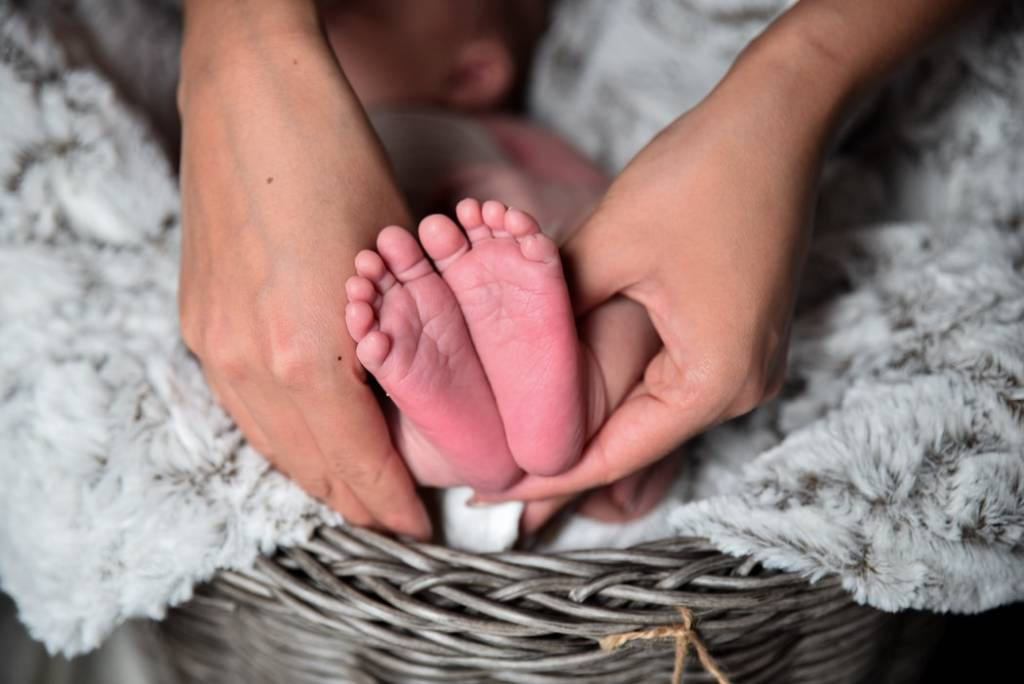
Female fertility is a woman’s ability to conceive a biological child.
You and your partner might question your fertility in the event that you’ve been attempting to get pregnant with incessant, unprotected sex for at least six months to a year if you’re older than 35 years with no achievement.
Various medical conditions can contribute to female fertility problems, including:
- Ovulation disorders which affect the release of eggs from the ovaries.
- Irregular menstrual cycles.
- Hormonal disorders such as polycystic ovary syndrome, hyperprolactinemia, and thyroid problems (hyperthyroidism or hypothyroidism).
- Uterine or cervical abnormalities, such as polyps or fibroids in the uterus.
- Fallopian tube damage or blockage is often caused by pelvic inflammatory disease.
- Endometriosis is a disease in which tissue similar to the lining of the uterus grows in other places in the body outside of the womb.
- Primary ovarian insufficiency, peri-menopause, or early menopause, which occurs when the ovaries stop working and menstruation ends before age 40.
- Pelvic adhesions are like scar tissue. Adhesions are bands of scar tissue that can cause internal organs to be stuck together when they are not supposed to be.
- Medical conditions associated with the absence of menstruation, such as poorly controlled diabetes, celiac disease, and some autoimmune diseases.
- Age also plays a role. Delaying pregnancy can decrease the likelihood that you’ll be able to conceive. A decline in the quantity and quality of your eggs with age makes it harder to conceive.
- Misuse of oral contraceptives.
Healthy lifestyle choices can help you promote fertility. Things which you need to observe are:
- Maintain a healthy weight. Being overweight or significantly underweight can inhibit normal ovulation.
- Prevent sexually transmitted infections. Infections such as chlamydia and gonorrhea are a leading cause of infertility for women.
- Regularly working the night shift and staying up late might put you at a higher risk of infertility, possibly by affecting hormone production. If you do work the night shift, try to get enough sleep when you’re not working.
- Most importantly STRESS will get you difficult pregnant. Stress will develop Cortisol hormone and eventually it will disturb other hormones in the body too and will lead to a total imbalance of hormone and difficult to get you to conceive.
- Taking sufficient vitamins, enzymes, and minerals to boost fertility, such as Acetyl L-carnitine, Vitamin B, Vitamin E, Coenzyme Q10, Calcium, Folic Acid, Iron, Omega, Selenium & Zinc.
- Destress by performing relaxation massage, fertility massage, and some exercise classes.
Following are the things you need to avoid:
- Don’t smoke. Tobacco use is associated with lower fertility. Smoking ages your ovaries and depletes your eggs prematurely.
- Limit the amount of alcohol you drink. Heavy drinking is associated with an increased risk of ovulation disorders.
- Heavy consumption of caffeine. Female fertility doesn’t seem to be affected by caffeine intake below 200 milligrams a day. Consider limiting your caffeine intake to one or two 6- to 8-ounce cups of coffee a day.
- Don’t overdo strenuous exercise. Strenuous, intense exercise of more than five hours a week has been associated with decreased ovulation and reduce the production of the hormone progesterone. Instead of doing some light exercises light 20 minutes running or walking, yoga, aerobics dance classes would be perfect to promote healthy ovulation.
- Avoid exposure to toxins. Environmental pollutants and toxins such as pesticides, dry-cleaning solvents, and lead can adversely affect fertility.


